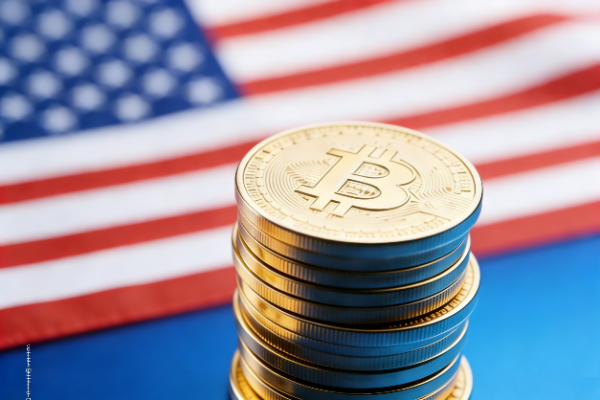Cryptocurrency industry executives: Tariffs and capital controls could lead to fragmentation of blockchain networks
The Bitcoin (BTC) network is particularly vulnerable to geopolitical tensions due to its high physical hardware requirements, cryptocurrency industry executives have noted.
Cryptocurrency industry executives told Cointelegraph that escalating geopolitical tensions threaten to split blockchain networks and restrict user access.
On Wednesday (April 9), U.S. President Donald Trump announced a pause in the implementation of tariffs imposed on certain countries — but the prospect of a global trade war still looms, especially as Trump still wants to impose a 125% tax on Chinese imports.
Industry executives said they are concerned about a range of potential consequences if tensions escalate, including disruption to the physical infrastructure of blockchain networks, regulatory fragmentation, and censorship.
“Aggressive tariffs and retaliatory trade policies could create barriers for node operators, validators, and other core participants in blockchain networks,” Nicholas Roberts-Huntley, CEO of Concrete & Glow Finance, told Cointelegraph.
“In a moment of global uncertainty, the infrastructure supporting cryptocurrencies, not just the assets themselves, could become collateral damage.”
The total market capitalization of cryptocurrencies fell by about 4% on April 10, according to CoinMarketCap, as traders weighed conflicting messages from the White House on tariffs against an uneasy macroeconomic backdrop.
Cryptocurrency market capitalization retreated on April 10
Bitcoin’s vulnerability
Bitcoin (BTC) is particularly vulnerable to a trade war because its network relies on specialized hardware for bitcoin mining, such as ASIC chips used to solve the network’s cryptographic proofs.
“Tariffs disrupt the established ASIC supply chain,” David Siemer, CEO of Wave Digital Assets, told Cointelegraph. Chinese manufacturers such as Bitmain are key suppliers of miners.
However, “the greater threat is the erosion of blockchain’s core value proposition — its global, permissionless infrastructure,” Siemer said. This is particularly problematic for average cryptocurrency holders.
“If global trade collapses and capital controls tighten, citizens of restrictive countries could have a harder time acquiring Bitcoin,” said Joe Kelly, CEO of Unchained. “Governments could crack down on exchanges and on-ramps, making accumulation and use more difficult,” Kelly added.
Bitcoin vs. Stocks
Ironically, these types of concerns also underscore the importance of cryptocurrencies and decentralized blockchain networks, executives said.
Bitcoin has shown “signs of resilience” amid market turmoil, underscoring the coin’s role in hedging geopolitical risk.
“While the environment is challenging, it also creates an opportunity for cryptocurrencies to prove their long-term value and utility on the global stage,” noted Neil Chopra, an executive at Fireblocks.









